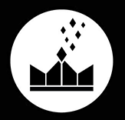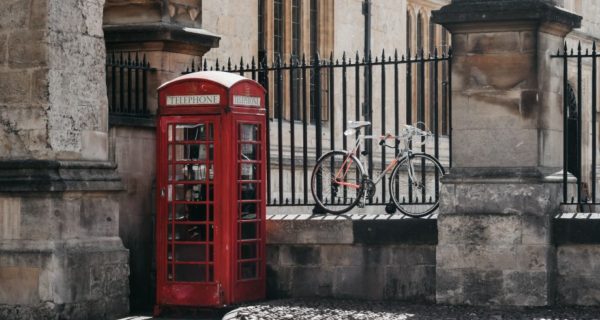For two decades – from the early 1930s to late 1940s – the Oxford-based Inklings met in C.S. Lewis’s rooms at Magdalene College. An informal gathering of male academics and writers, the Inklings served as a discussion group and sounding board for the members’ various literary works. These men would also congregate Tuesday mornings at a local pub, the Eagle and Child, nicknamed by them the “Bird and Baby”. These casual gatherings outlasted the actual Inklings meetings, and continued up until Lewis’s death in 1963.
The name ‘Inklings’ had been given to the Oxford group by its founder. That group, however, was short-lived, and Tolkien was later to remark that even if their predecessor hadn’t existed, the Inklings still would have come into being.
The meetings of the Inklings were sort of an open forum, where discussion and critiquing of each other’s poetry, articles, fiction, and ideas was encouraged. Tobacco and drinks were in no short supply and I imagine the meetings could get rather rowdy. J.R.R. Tolkien’s The Lord of the Rings was one of the first works to be read aloud at the Inklings gatherings, followed by Lewis’s Out of the Silent Planet.
Although various people were invited to attend the Inklings meetings, the core members of the group remained present throughout it’s existence. Among the more famous members were J.R.R. Tolkien, C.S. Lewis, and a British writer named Charles Williams. Besides Tolkien and Lewis, Williams was probably the best known writer of the Inklings. Tolkien is famously known as the author of The Lord of the Rings, as well as for various other works including the Silmarillion and The Hobbit. He was a staunch Roman Catholic and played a large role in Lewis’s conversion from atheism to Christianity. He has been called the father of modern fantasy literature, and the success of The Lord of the Rings trilogy gave a surge of popularity to the genre. In 2008, he was ranked 6th in a list of greatest British writers since 1945.
One of Tolkien’s closest friends was C.S. Lewis; fellow writer and member of the Inklings. He is best known for his fictional work, particularly his Chronicles of Narnia, which have been adapted to theater, radio, cinema, and television. His death was little publicized, due to it occurring on the 22nd of November, 1963: the same date that President Kennedy was assassinated. In 2013, he’s to be honored with a memorial in the Poets’ Corner of Westminster Abbey, on the 50th anniversary of his death.
Somewhat less well known than Tolkien and Lewis is Charles Williams, a man who had a tremendous influence on at least one of Lewis’s novels. A London native forced by the war to move to Oxford, he joined the Inklings and soon found kindred spirits. Chiefly remembered as a novelist who wrote supernatural thrillers set in the contemporary world, it was at the Inklings’ meetings that he read aloud and was able to improve the draft of his final published novel, All Hallows’ Eve.
The other members were a varied group, and included a priest, a lawyer, a soldier, and a doctor. As Lewis said, “The Inklings are now very well provided.” Although Dorothy Sayers is sometimes thought to be an Inkling, she never attended any of the meetings, and in fact was merely friends with Lewis and Williams.
I don’t believe that, since the Inklings, there has been such a group of men who have influenced literature so much. They inspired, encouraged, and motivated each other to pursue great things. The Inklings have been the inspiration for many literary discussion groups since then, and will continue to be so.


1 thought on “The Inklings – Who They Were”